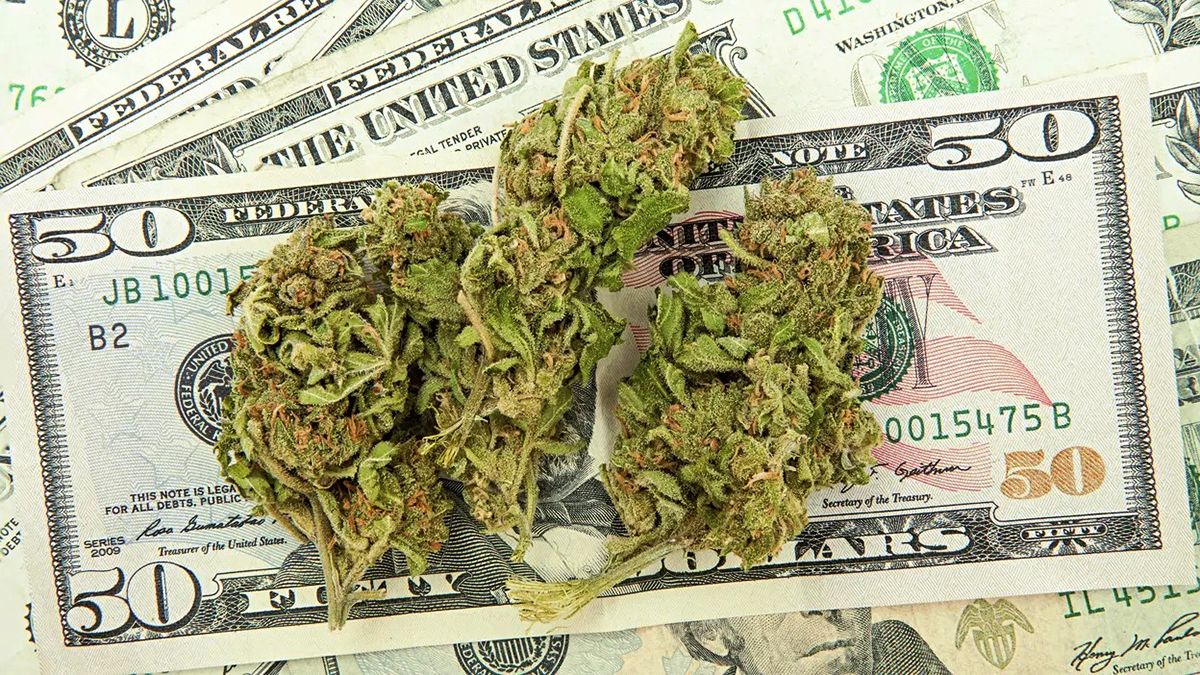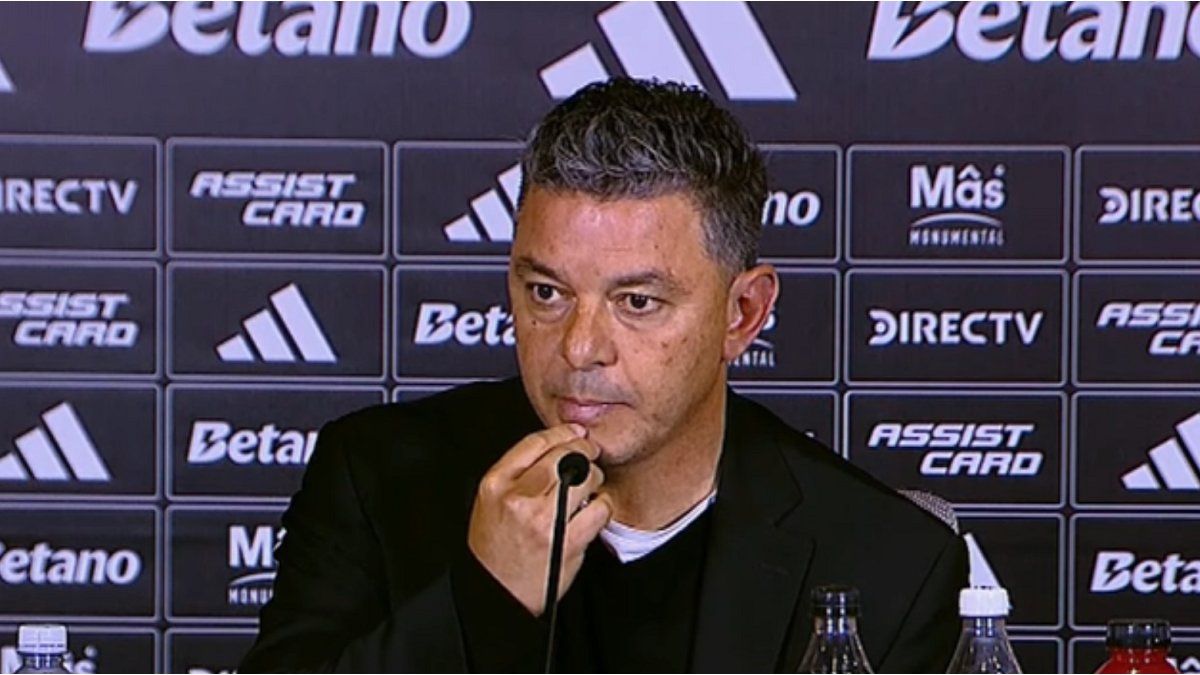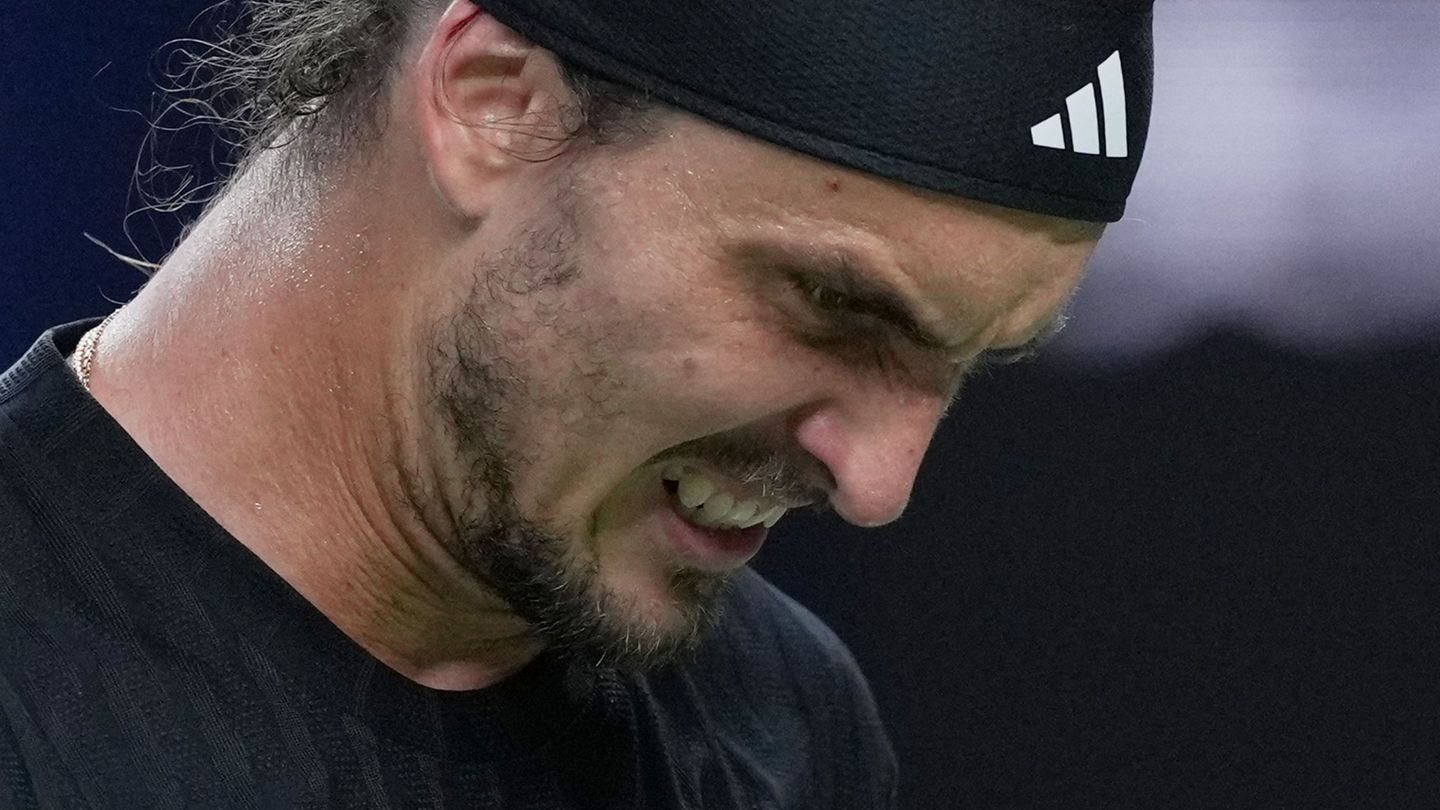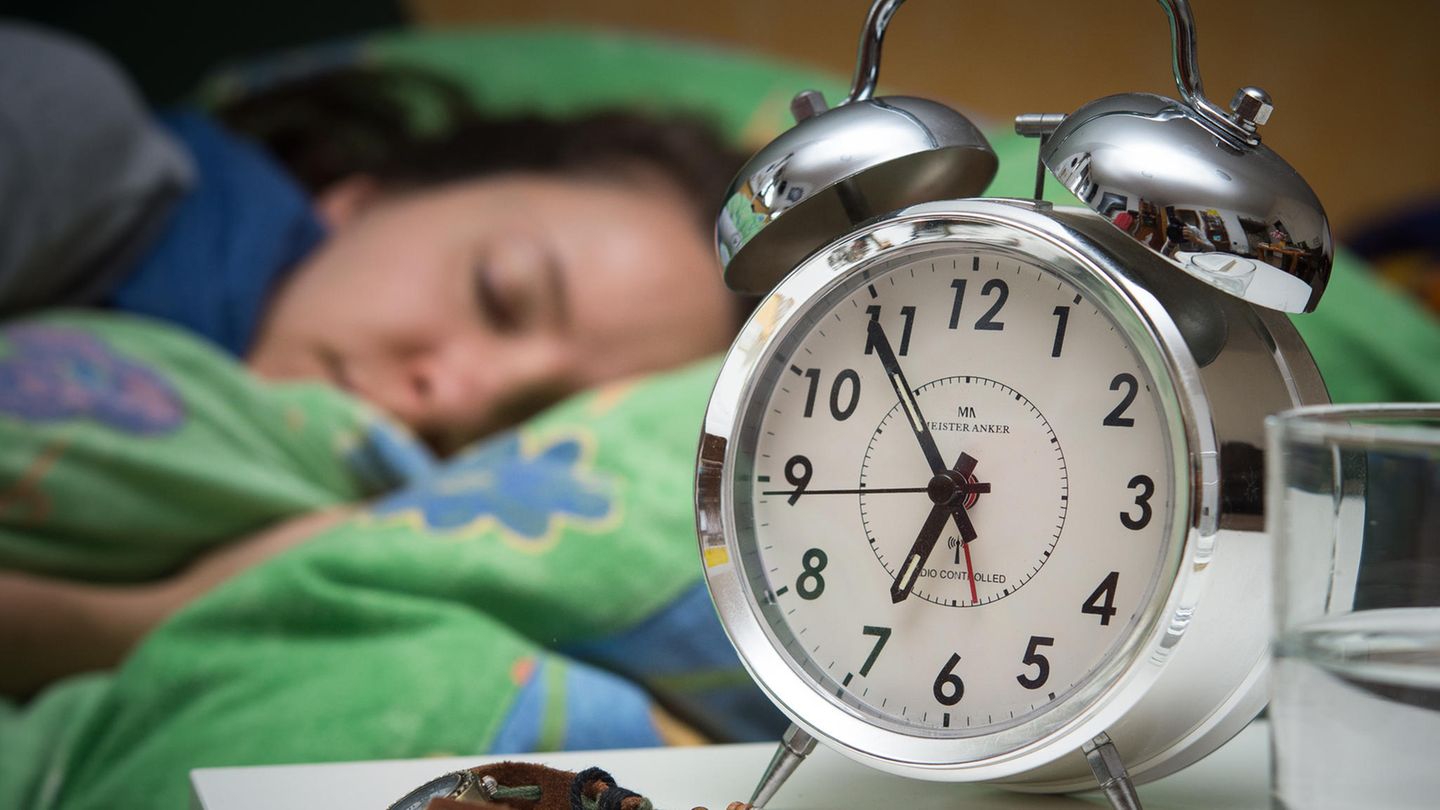Throughout history, the issue of cannabis It was a rather relative problem among different civilizations, since while for some leaders it meant a direct threat to the social order, for other peoples it was an element that was closely linked to the spiritual plane.
In the Americaswhere it was introduced by the Spanish in the mid-16th century, did not represent a major problem until the beginning of the 20th century, when in 1906 USA enacted the Food and Drug Purity Act, which labeled hemp-derived products as “dangerous.”
The North American country’s restrictions on psychotropic drugs and cannabis, many motivated by economic interests, became more severe over time and were followed by the Harrison Narcotics Tax Act in 1914 and the Marijuana Taxation Law in 1937, which sought to discourage the consumption of this and its derivatives through excessive taxes on its production and trade. From those dusts came the sludge of the War on drugs driven by the American president Richard Nixon in 1971, which continues to this day with more shadows than lights.
In December 2013, Uruguay It became a leader in the international arena in terms of cannabis legislation, after the law for the regulation of this market by the State was approved, becoming the first nation globally to legalize the cultivation and sale – with limitations – of dope.
The bold political decision of the government of the then President of the Republic, Jose Mujicasparked criticism and praise both locally and abroad, but the president justified his government’s support for the new regulations in the fight against drug traffickingunderstanding that the consequences of the prohibitions brought about by Nixon’s War on Drugs resulted in a breeding ground for drug traffickers.
“For us, the central axis of the fight is to take away the market from them, to stop this from being a business, because the costs simply do not allow us to compete,” said Mujica that year about the new role that the national State would have as producer, storekeeper, seller and distributor of cheap marijuana and quality, which, a priori, would leave drug traffickers out of the picture.
The State allows, upon registration, the sale of up to 10 grams of dope per week in participating pharmacies (maximum possession of 40 grams), a limit of up to 6 plants for self-cultivation with a limit of 480 grams of harvest per year, or entry into cannabis clubs based on a membership.
The original varieties offered in pharmacies (Alpha and Beta, each with its variants) have low tetrahydrocannabinol (THC), their main psychoactive constituent, when in artisanal production it can exceed 18%. This factor was not exempt from negative comments from the beginning, since for some users the recreational product offered in the establishments was insufficient, something that led to the launch of Gamma, with a THC ≤15%.
The regulated marijuana market in numbers
According to data from the Cannabis Regulation and Control Institute (IRCCA), in the country there are registered within the regulated market some 69,789 buyers in pharmacies and some 39 authorized pharmacies; some 12,611 domestic growers; another 13,128 members belonging to cannabis clubs; and 373 membership clubs.
In turn, 3 licenses were approved for adult-use psychoactive cultivation; 13 for medicinal cultivation; 13 for industrialization; 15 for research; another 5 for analytical laboratories; and 1 Free Trade Zone and customs area operation.
By mid-2023, the state agency estimated that in Uruguay At least 250,000 people had consumed dope in the previous 12 months, and that the regulated market directly reached 34% of them. However, the IRCCA clarifies that given the shared consumption practices and indirect users, the real market climbs to more than 51%.
Cannabis Magnifying Glass.jpg
The presence of this grey market revives one of the first criticisms that the initiative received from its detractors: the supply of regulated product will be far below demand. In reference to this situation, the Uruguayan drug trafficker, Sebastian Marsetcurrently a fugitive from justice at a regional level, last year revived Mujica’s words about “snatching away the market,” implying that the State was aware that this problem of coexistence with the black market would extend over time. “Legal drug trafficking,” he said ironically.
Visiting Montevideo in 2019, the late Spanish philosopher Antonio Escohotadoauthor of the acclaimed work “General History of Drugs”, categorically considered the “way out” he found to be “ridiculous” and “nonsensical” Uruguay for the cannabis market. “In the pharmacy they sell a dope “which has such a low amount of the active ingredient that it is a direct stimulus to the black market,” he said, adding: “I must be the person in the world who has studied the history of drugs the most, and yet, in Uruguay I’m waiting for someone to clarify the matter of the consumer club.”
For Escohotado, the issue was about ending the prohibition, completely deregulating the business of cannabis and its derivatives, and not legalizing it. “It seems to me that the catalogue of civil rights is well defined and that including the right to take psychoactive substances would be very confusing, on the other hand, repealing the prohibition has already been done with the Dry Law“, he added.
The displacement of inferior products
Although the dope “in black” is a reality, and probably remains so, it is safe to say that state intervention in the cannabis market was effective in displacing inferior products that once swarmed among consumers, such as “pressed” marijuana which mostly came from the Paraguayof poor quality and dubious sanitary conditions.
Both the modified cannabis offered by the State and the cannabis produced at retail level by citizens raised the required qualitative standard. The surplus of self-growers, who make up the grey area of the market, as well as greater expertise in society, practically banished the offer of low-end products.
Source: Ambito




